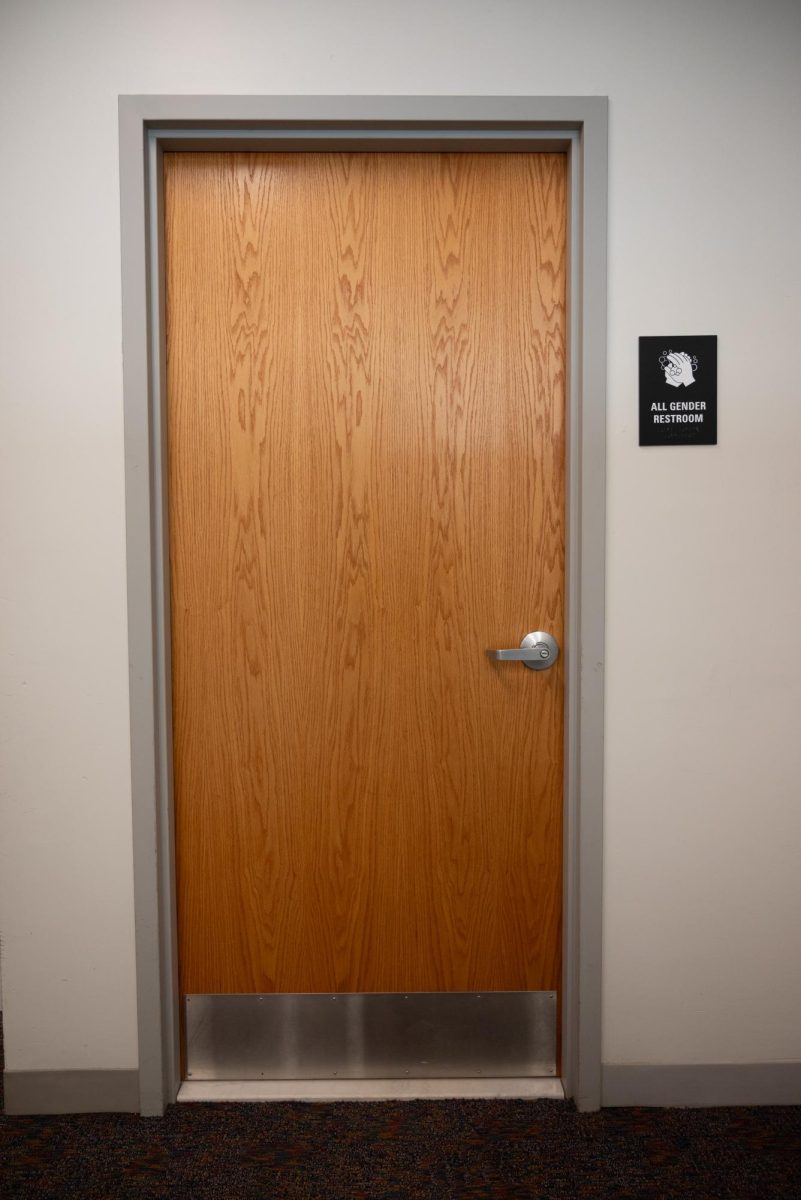I recently became aware that Northeastern has adopted a smoke-free campus policy that will be implemented this upcoming fall term. I believe that this policy, although conceptually well-meaning, is misguided in its attempt to eliminate smoking on campus. Not only do I believe that this policy will fail to eliminate cigarette smoking, I am under the impression that there are several implications of this policy that directly demonstrate some issues regarding the administration of the university.
First, I believe that the smoke-free campus policy is a misguided attempt at improving the health of the students on campus. I cannot deny that there are adverse effects from smoking that can be quite severe; however, smoking is not the leading cost contributing to the rising cost of healthcare in this country. A study in the March 2012 Journal of Occupational and Environmental Medicine reported that obese employees accumulate more additional costs for healthcare than smokers do. Obesity and obesity-related illness are the largest growing health risks in this country by a huge margin. According to the Center for Disease Control, the rate of obesity in this country is 50 percent higher than that of smokers in this country, and that figure is continuously rising.
Northeastern University actively supports and endorses a multitude of fast food options available on campus for students to feed themselves. The prevalence of smokers in this country is actively declining and in fact there is much legislation, both from the state and federal levels of government, that are working to combat this issue already. The “freshman 15,” the hypothetical weight gain experienced by new college students who are living away from home for the first time and relying on university provided food sources, is considered to be a joking matter amongst many students. It is not taken seriously, while smokers are regularly victimized by society.
If the university really intended to curb the rate of preventable sickness and health concerns among the student community, a ban on fast food restaurants on campus would be a good way to start. I cannot imagine this as a legitimate strategy that the university would implement, however. When attracting prospective students, the university likes to be able to show off the Curry Student Center where there is a Taco Bell, Popeyes and a pizza joint. If they were to ban all fast food restaurants from campus and replace them with healthy options that are unrecognizable or undesirable to many students, then the rate of applicants may decrease which is something that the university obviously wishes to avoid.
It might be argued that there are healthy food options on campus and that students are free to decide for themselves which sustenance they wish to ingest. I suppose UBurger is considered to be a healthier alternative to other fast food restaurants, but are they really fooling anyone? Regarding obesity, the largest growing epidemic in the country, Northeastern has decided that the student population is capable of deciding for themselves what is healthy. But when it comes to cigarettes they have chosen to adopt a paternalistic “Big Brother” approach of complete prohibition. And for the record, can anyone think of a single example of prohibition that hasn’t ended in abject failure?
I would like to address briefly the idea of preventing secondhand smoke on campus. There are plenty of methods that, if enforced, would eliminate the vast majority of secondhand smoke on major walkways around campus. I call it the 99 percent plan. Ninety-nine percent, an overwhelming majority, of the campus is smoke free. Along all major walkways and in front of Snell Library for example, as well as other heavily trafficked areas, there is no smoking, and the remaining one percent of campus there is. These would be small dedicated areas, preferably some places with an overhang that is out of the rain, with an ashtray. A smoking designated area close to the library would allow students studying for finals or other exams to partake in a cigarette without having to trek all the way off campus. And a few smoking sections by the dorms would probably reduce the number of students that choose to illicitly smoke in their dorm room instead. As I alluded to previously, prohibition of substances rarely works. When people inevitably ignore the university’s smoke-free policy there will be no proper receptacles to handle cigarette butts, which can result in additional refuse along many of the walkways throughout campus.
“We look forward to updating the campus community in the coming months and working with students, faculty and staff as we join the more than 1,100 colleges and universities across the nation — and among the first in the Boston area — that have taken this important step to promote the health of university campuses.” This is a direct quote from the press release that we, as students, received in our email this week. To me, this highlights the university’s reluctance to adopt something like the 99 percent plan. They are more concerned with the prestige and talking point associated with being one of the first universities in Boston to have a smoke free campus. I hope the administration doesn’t injure its collective elbow while reaching over and patting itself on the back for a job well done.
A reasonable alternative to a complete ban on smoking on campus is a viable option that does not treat the Northeastern student population as a bunch of adolescents that are incapable of making decisions for themselves and is clearly available to the administration. I strongly urge them to consider one.
-Anthony Harrison is a master’s student studying law and public policy.









